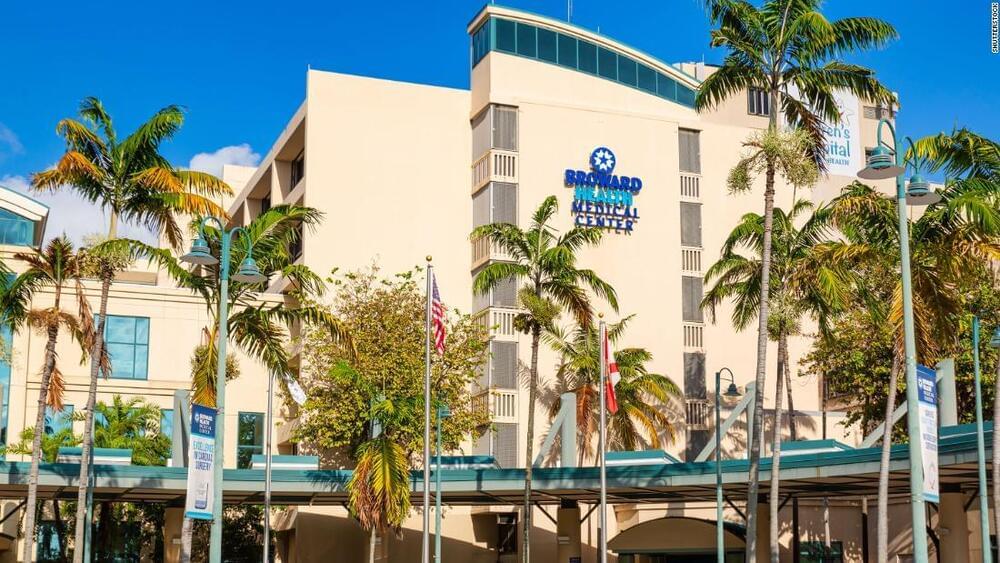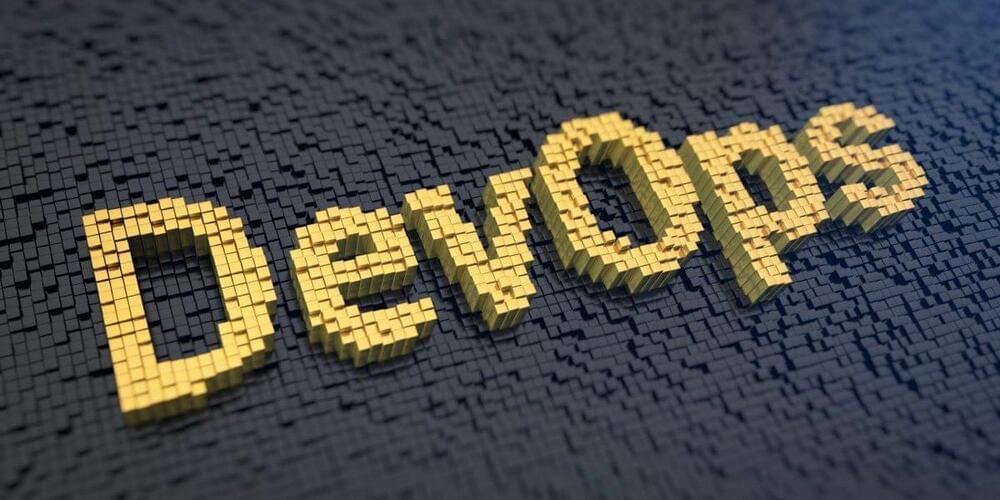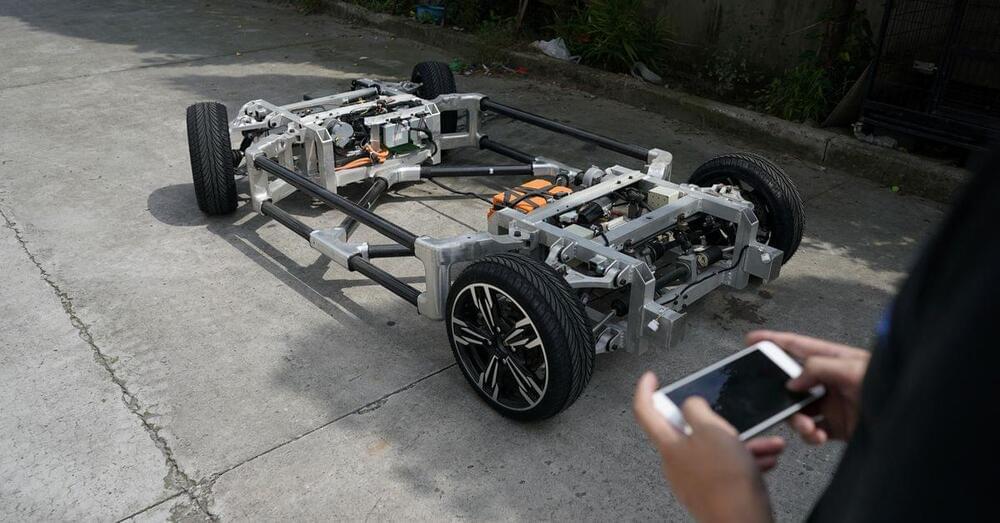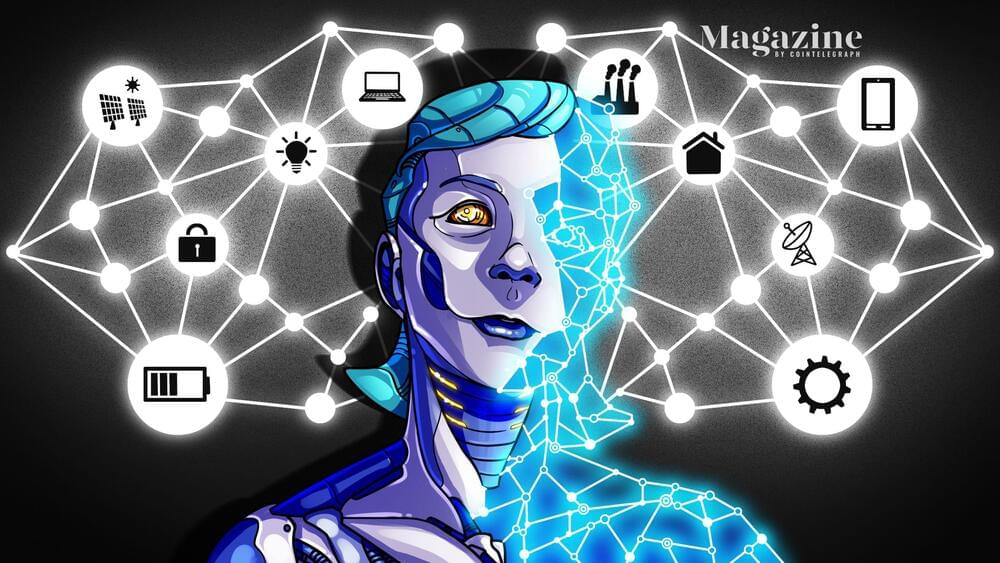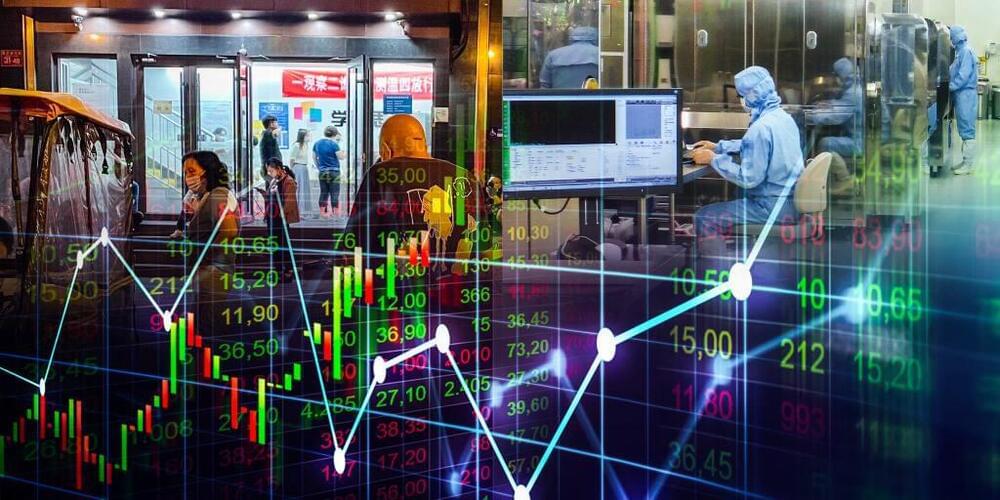Yahoo Finance’s Dani Romero reports on the increasing use of robots and automation by restaurants and retailers amid the pandemic and labor shortages.
Don’t Miss: Valley of Hype: The Culture That Built Elizabeth Holmes.
WATCH HERE:
Watch the 2021 Berkshire Hathaway Annual Shareholders Meeting on YouTube:
https://youtu.be/gx-OzwHpM9k.
About Yahoo Finance:
At Yahoo Finance, you get free stock quotes, up-to-date news, portfolio management resources, international market data, social interaction and mortgage rates that help you manage your financial life.
Yahoo Finance Plus: With a subscription to Yahoo Finance Plus get the tools you need to invest with confidence. Discover new opportunities with expert research and investment ideas backed by technical and fundamental analysis. Optimize your trades with advanced portfolio insights, fundamental analysis, enhanced charting, and more.
To learn more about Yahoo Finance Plus please visit: https://yhoo.it/33jXYBp.
Connect with Yahoo Finance:
Get the latest news: https://yhoo.it/2fGu5Bb.
Find Yahoo Finance on Facebook: http://bit.ly/2A9u5Zq.
Follow Yahoo Finance on Twitter: http://bit.ly/2LMgloP
Follow Yahoo Finance on Instagram: http://bit.ly/2LOpNYz.
Follow Cashay.com.
Follow Yahoo Finance Premium on Twitter: https://bit.ly/3hhcnmV
